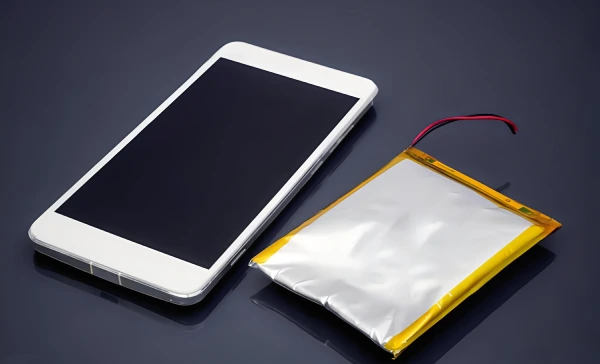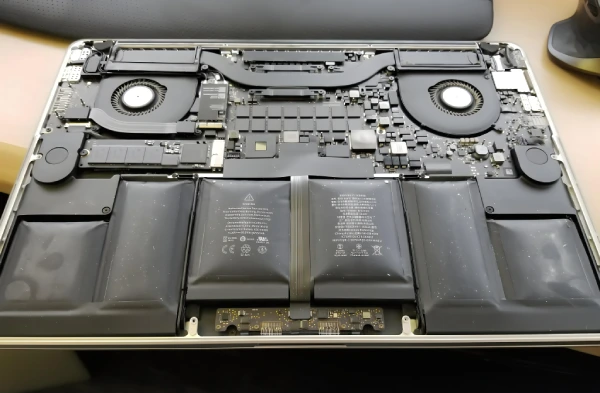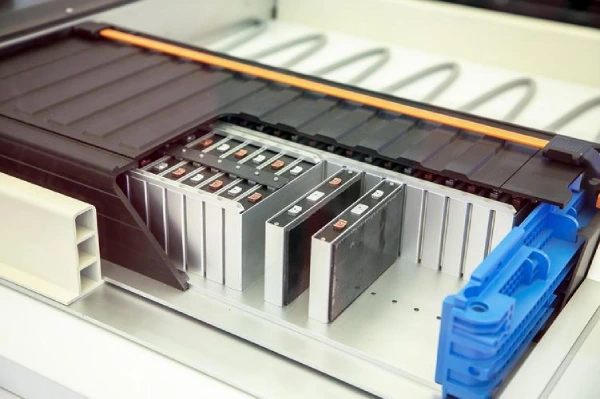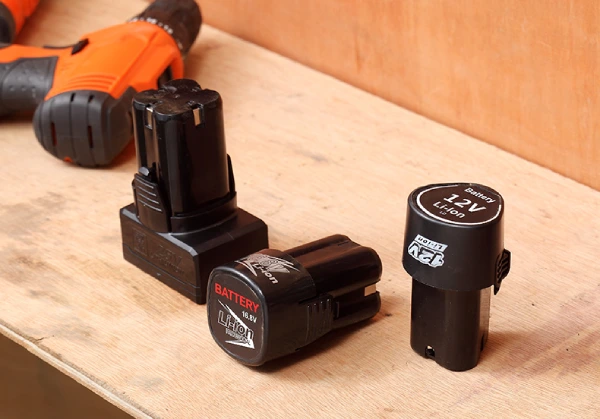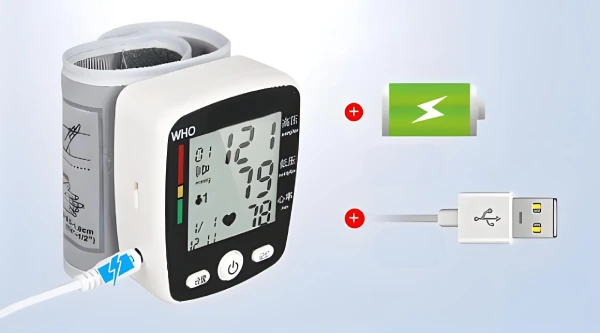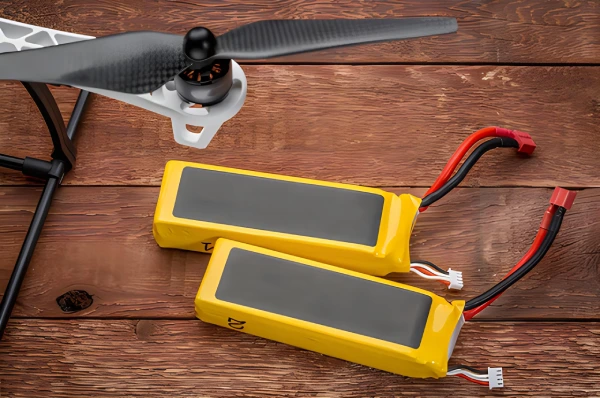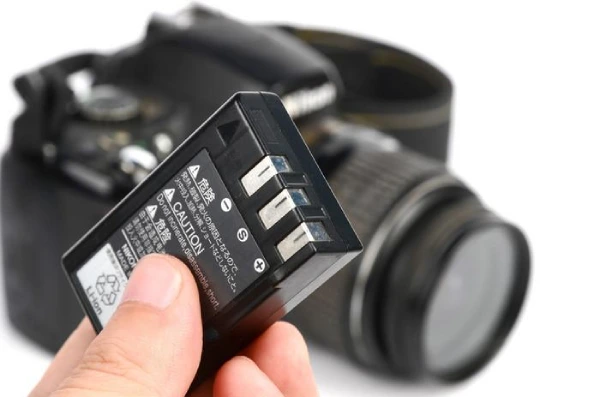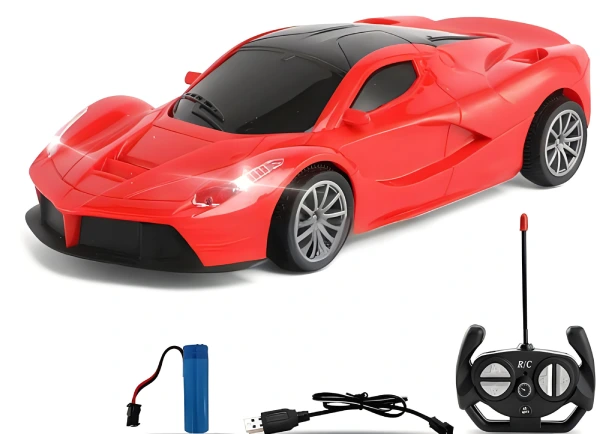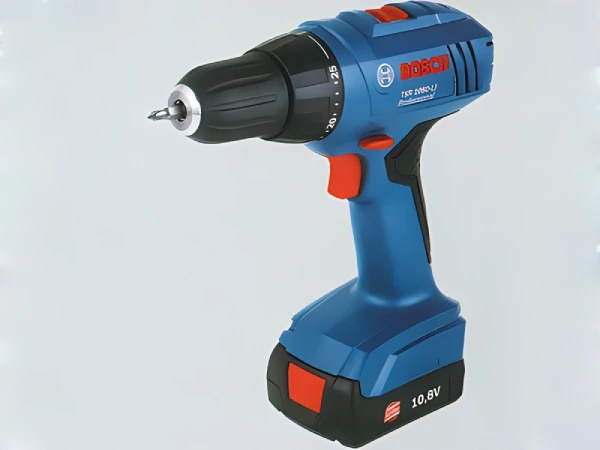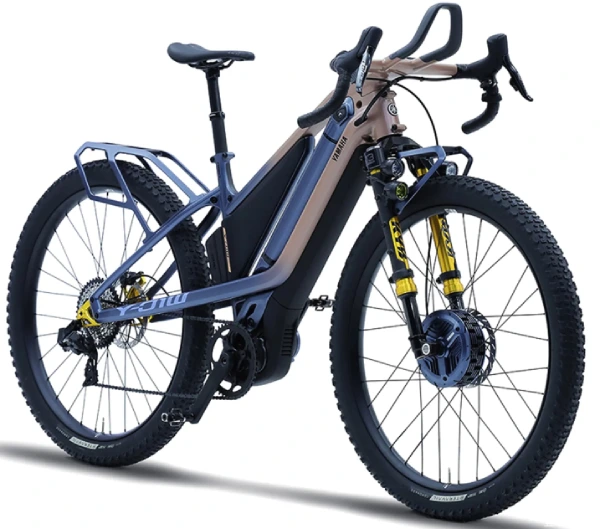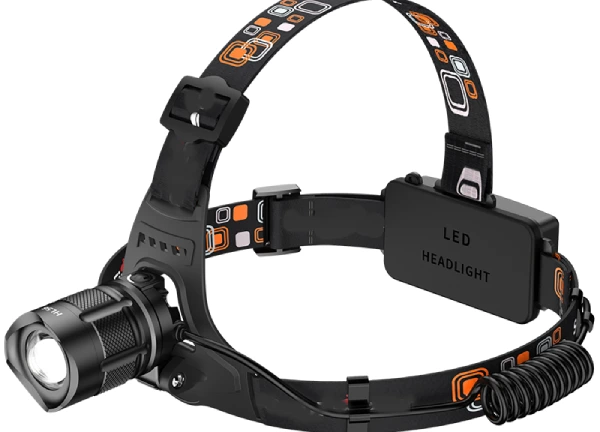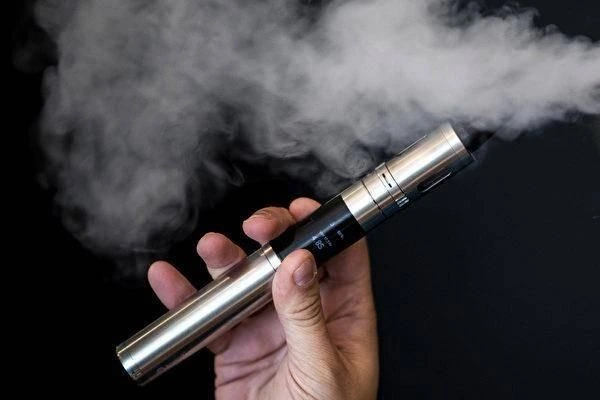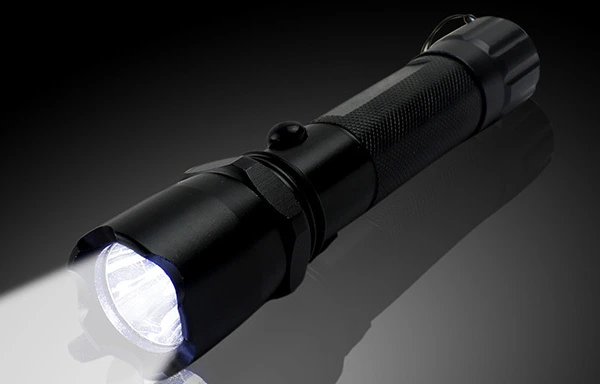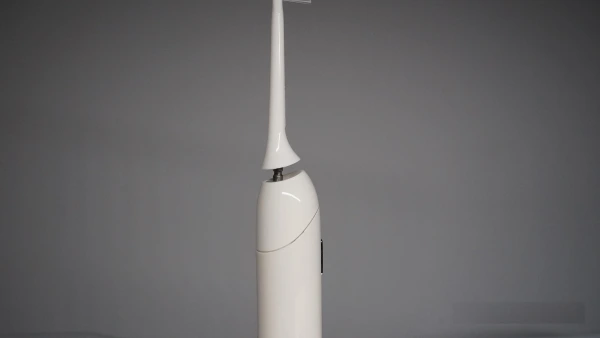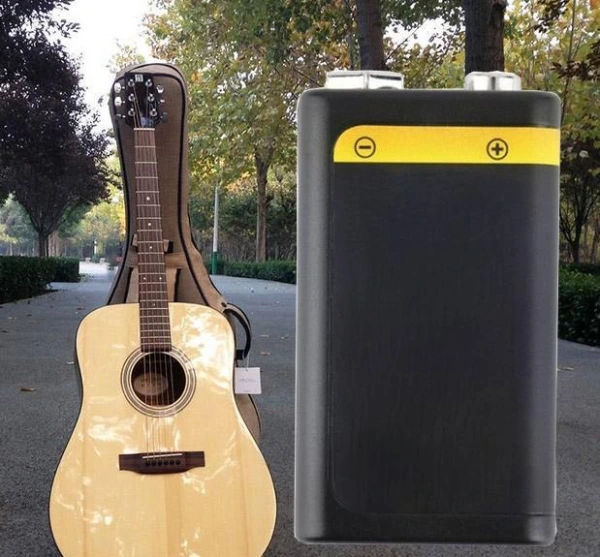Lithium-ion batteries have revolutionized portable power since their mainstream introduction in the early 1990s. Their energy density, rechargeability and declining costs have made lithium cells ubiquitous across consumer electronics and industrial sectors. This post examines 15 popular lithium-ion batteries applications that have been made possible through advancements in lithium-ion battery technology.
Some of the earliest mass adoption of lithium-ion batteries came from laptop computers and smartphones in the late 90s and 2000s. As processors grew more powerful yet compact, lithium cells kept devices operable for hours untethered. Their success helped spark a wave of consumer gadgets optimized for mobile usage. Today, the list of products powered by lithium batteries continues expanding rapidly to serve new frontiers of portable power.
1. Smartphones
Of course, one of the most well-known uses of lithium-ion batteries is in smartphones. Virtually every cell phone sold today relies on lithium batteries to provide power. Advancements in lithium technology have enabled smartphones to become thinner, lighter and last longer on a single charge over time. Continuous improvements aim to satisfy growing demands for longer battery life as smartphones take on more functions.
2. Laptop Computers
Like cell phones, laptop computers were also early adopters of lithium-ion battery technology. Their rechargeable nature makes them perfect for portable computing applications. The high energy density of lithium batteries allows laptops to run for hours on a single charge. Many laptops today feature “all day” battery life thanks to efficient processors and lithium technology advancements.
3. Electric Vehicles
One area witnessing explosive growth in lithium-ion battery use is electric vehicles (EVs). EVs like Tesla, Chevy Bolt and Nissan Leaf all rely entirely on lithium batteries for power. As demand for EVs grows due to environmental concerns, lithium manufacturing is racing to keep up. Battery costs have declined while driving range has increased, making EVs more practical for many drivers.
4. Power Tools
Handheld power tools commonly use lithium-ion batteries as well. Drills, saws, sanders – they all run on rechargeable lithium packs. The high energy density of lithium allows compact battery designs that don’t add much bulk. And they deliver enough power and runtime for job site use. Contractors appreciate not having to deal with corded tools or changing non-rechargeable batteries constantly.
5. Medical Devices
Due to their small size and rechargeability, lithium batteries are well-suited for medical device applications too. Pacemakers, defibrillators and other implantable devices rely on lithium microbatteries to function for years inside the body. Outside the body, lithium batteries power portable medical equipment like pulse oximeters and blood pressure monitors.
6. Drones
The flight time of consumer and professional drones dramatically increased thanks to lithium-ion batteries. High-capacity lithium packs provide drones with around 30 minutes of flying on a single charge. As drone technology develops, battery improvements will likely enable features likesense-and-avoid and extended hovering times. Lithium is key to making drones practical tools.
7. Cameras
Digital cameras were another early mass market product to use lithium-ion batteries. Their rechargeable nature eliminated the need to constantly buy disposable batteries. Higher capacity lithium batteries now provide DSLR cameras battery lives measured in hundreds of shots per charge. Action cameras like GoPro also rely heavily on compact, powerful lithium batteries.
8. Toys
Kids’ toys like ride-on vehicles and robotic dinosaurs often run on lithium-ion batteries. Their reusability makes lithium appealing for toys that see frequent use. Battery packs provide functional toys that don’t require frequent battery replacements. Meanwhile, high-capacity lithium enables features like remote controls with realistic range.
9. Cordless Power Tools
Cordless power tool lineups from Dewalt, Makita, Milwaukee and more are completely lithium-ion powered today. Their lightweight lithium battery packs deliver the necessary runtime and power for jobsites. Rapidly charging battery technologies eliminate downtime spent waiting for NiCad packs to recharge. Compatible battery packs even work across different cordless tool lines.
10. E-Bikes
As cycling becomes more popular for recreation and commuting, e-bikes are surging in sales. Lithium-ion batteries enable e-bike designs that don’t look much different than normal bicycles. High-capacity lithium packs provide pedal-assist ranges up to 50+ miles on a single charge. Like electric cars, e-bikes represent a growing lithium application.
11. Headlamps
Whether used for camping, hiking or work, many headlamps now run exclusively on rechargeable lithium batteries. Their long runtimes between charges mean not worrying about battery levels in remote areas. Meanwhile, the compact size of lithium cells keeps the overall headlamp lightweight and comfortable for long wear.
12. E-Cigarettes
Most vaping devices today utilize lithium-ion battery technology. Their rechargeability is crucial considering how frequently e-cigarettes get used. Lithium cells provide satisfying vapor production and battery life that lasts throughout the day. Advances in vaping hardware rely on pushing the limits of compact lithium power.
13. Flashlights
Along with headlamps, many flashlights now only accept lithium rechargeable batteries. Their superior energy density allows high-powered LED flashlight designs that provide up to 1000 lumens from compact packages. USB-rechargeable flashlights remove the hassle of buying disposable batteries. Homes and professionals depend on bright, reliable lithium-powered flashlights.
14. Toothbrushes
Even oral care products have adopted lithium-ion! Rechargeable electric toothbrushes last over a week between charges thanks to small lithium polymer batteries. Constant advances aim to further miniaturize lithium cells, making highly portable oral hygiene tools for travel. Rechargeable power stands apart this personal care product from disposable battery competitors.
15. Musical Instruments
Multiple digital instrument categories now rely on rechargeable lithium packs to unlock on-the-go music creation untethered from wall power.
In conclusion, lithium-ion battery technology has brought rechargeable power to countless consumer devices and industrial tools. Its versatile energy storage properties make lithium ideal for a huge variety of applications. As lithium manufacturing improves, new uses will likely emerge to satisfy growing demands for portable power. Lithium’s prominence looks certain to continue well into the future.
FAQs
-
How is lithium-ion battery technology enabling electric vehicles?
Lithium-ion batteries allow EVs to achieve driving ranges over 150 miles on a single charge. Their high energy density provides sufficient power for acceleration and passing lanes. Rapid charging further enhances usability. EVs would not be practically viable without lithium-ion’s portable energy storage capabilities. -
What industries rely heavily on lithium-ion battery applications?
The compact form factor and lightweight of lithium-ion batteries has unlocked cordless power tool lineups relying entirely on battery packs. This provides greater user mobility and eliminates extension cord hassles. Compatible batteries even work across brands. Rapid charging boosts productivity. -
How do lithium-ion batteries enable new portable power tool options?
Download insurance provides the product download service. t can insure you to download the purchased program when you need to reinstal within 24months. -
What are some emerging lithium-ion battery applications?
Promising new frontiers include electric aircraft, smartphones with multiple-day battery life, implantable medical monitors, 5G network infrastructure, autonomous delivery vehicles and more. Advancements aim to further expand lithium-ion’s portfolio of applications. -
How does military utilize lithium-ion battery applications?
Portable electronics, drones, electric vehicles and other specialized technology employed on military missions often rely on customized lithium-ion batteries to achieve power, energy density and recharging needs in space-constrained, rugged environments. Reliability is crucial for defense applications.
Related Tags:
More Articles

LiPo Battery Discharge Rate Guide & Calculation Tips
Understand LiPo battery discharge rates, C-ratings, and how to calculate max current. Essential guide for RC, drones, and electronics users.
High‑Capacity 3S LiPo Batteries: 5000 mAh vs. 10000 mAh
Compare 3S LiPo 5000mAh vs 10000mAh batteries by weight, power, and use. Find the best fit for your drone, RC car, or boat setup.
Top 5 Applications for Small 3S LiPo Batteries
Small 3S LiPo batteries power drones, RC gear, wearables, and robotics with high energy and low weight. Making them ideal for compact electronics projects.
Building and Charging Your Own 3S LiPo Pack: A Step‑by‑Step Guide
Learn how to build, balance, and charge a 3S LiPo battery pack safely at home with this complete DIY guide for hobbyists and beginners.
How to Choose the Right LiPo Battery Plug Type?
Discover the best LiPo battery plug types, how to choose them, and expert tips for safe usage, soldering, and maintenance.
